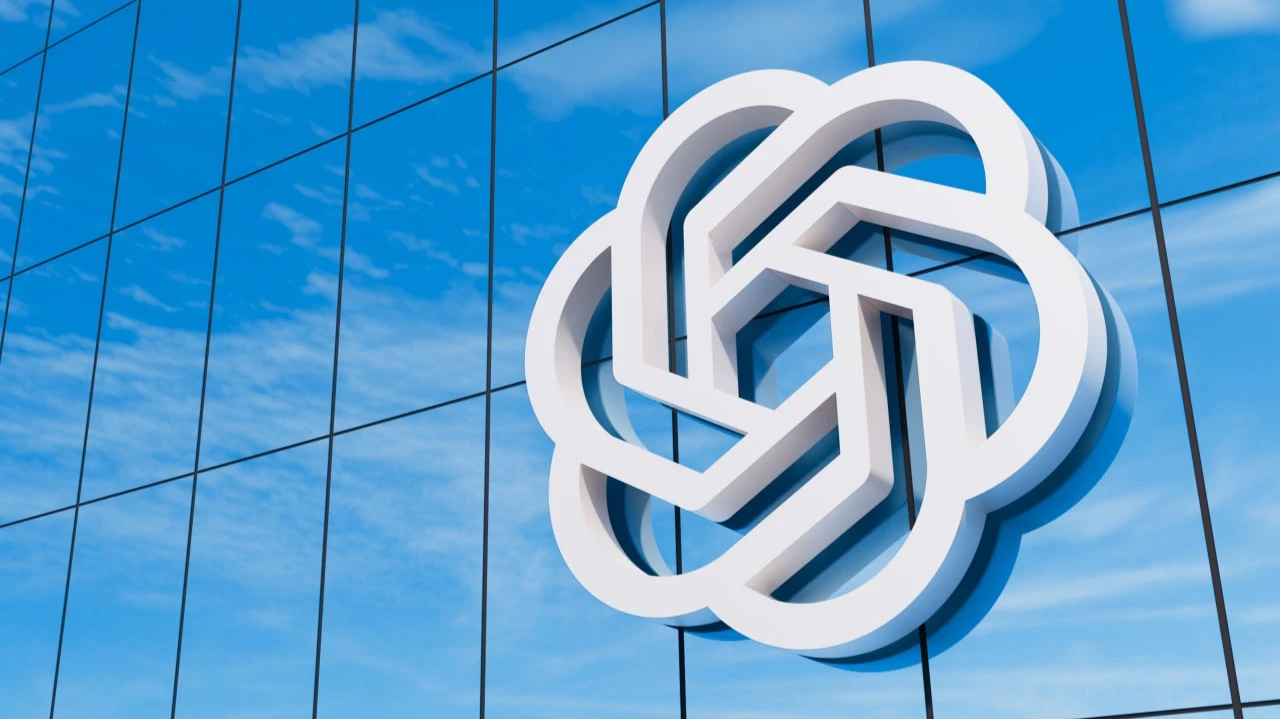OpenAI is holding a developer day. How it can affect the shares of public companies

OpenAI is preparing to hold its annual DevDay for developers on October 6, which may become the main event of the week for the technology sector. Investors are waiting for signals from the company about new products and development directions, while its announcements are increasingly reflected in the stock market. Against the backdrop of the growing influence of OpenAI, whose valuation has exceeded $500 billion, the conference may cause a wave of quotation movements - from chip manufacturers to other companies whose businesses are affected by the spread of artificial intelligence.
Details
OpenAI, owner of ChatGPT, will hold its third annual DevDay developer conference in San Francisco on October 6. This is an important event for the technology and semiconductor industry, Freedom Broker explains. OpenAI's influence on the market, usually reserved for giants like Apple or Nvidia, is becoming more and more visible, Bloomberg writes. While there are no signs yet that the startup, whose valuation has already surpassed $500 billion, is going public anytime soon, every announcement - from new features to partnerships - is reflected in the shares of public AI-related players, the agency points out.
Investors are waiting for DevDay to signal the company's future moves. At the same time, quotations of partners and infrastructure providers are likely to benefit, while companies whose niches OpenAI plans to develop may see their shares fall, Bloomberg notes.
According to UBS, the ChatGPT developer is preparing new products ranging from a "smart travel booking agent" to its own AI-powered browser. "Investors focused on the software and internet sector are watching closely to see what direction OpenAI takes next and how disruptive its impact could be," said UBS analyst Carl Keirstead. As the business expands, he said, "the consensus view is that the company will have to diversify more aggressively beyond ChatGPT subscriptions."
How OpenAI affects public company stocks
An example of OpenAI's influence on the market was the agreement with chipmaker AMD, which was announced on October 6. The startup agreed on multi-year supplies of chips worth billions of dollars, while receiving the right to acquire up to 10% of the manufacturer's shares. Following the announcement, AMD shares rose more than 28%, approaching a record high. The deal generally supported the "bullish" market, causing a rally in the securities of other chipmakers, Bloomberg noted.
Shopify and Etsy shares jumped last week after OpenAI unveiled ChatGPT's instant shopping feature. And the release of internal AI tools that will automate research, contract analysis, customer support and customer inquiries caused Atlassian, HubSpot and DocuSign to fall more than 9%. The Goldman Sachs index of software-as-a-service (SaaS) stocks had its worst weekly performance in two months, falling 3.3%.
Some analysts believe the fears are exaggerated. The launch of the OpenAI Sora 2 application for creating and sharing AI-generated videos did not cause noticeable fluctuations in the shares of media companies: Meta showed weak dynamics, while the quotes of Snapchat's owner grew by more than 3%, Bloomberg recalls.
However, OpenAI's market influence is only expected to grow as the company expands, even if it remains non-public, predicts Kevin Cook, senior strategist at Zacks Investment Research, who was quoted as saying. "OpenAI will be looked back on as one of the most influential players of the AI transformation era. This is a unique case of a private company having such a notable impact. OpenAI can act more flexibly and creatively [than others,] and that's what's causing the domino effect - both positive and negative," Cook noted.
This article was AI-translated and verified by a human editor
